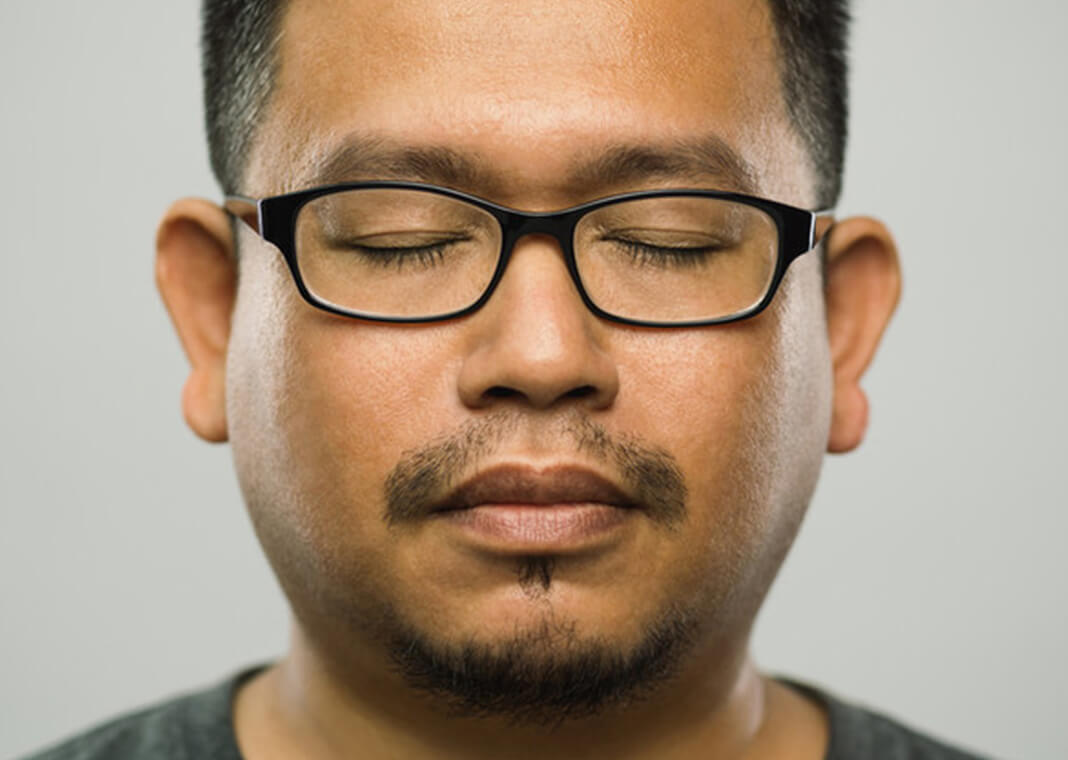
What might an Ignatian approach to hope look like, especially in days that may feel turbulent? Ignatian hope is at root a Christian hope: Christians affirm in the Creed our belief in bodily resurrection and in eternal life. God is good, and God’s goodness always remains powerful and present, no matter what else is going on in the world.
But there are some elements of hope that feel distinctively Ignatian.
- The Spiritual Exercises invite us to remember that we are all loved sinners. God loves the world even in its limitations and enters into this world in order to heal it; so can we. The hope is in the love. We can look at problems that need solving and instead of expecting perfection, start with care for what is human and go from there. If a friend is grieving a loss, I do not need to know exactly what to say or do, but maybe I can cook some food or express my sympathy.
- The Exercises remind us that suffering and death are not the end of the story. God transforms suffering and gives us new life. This is the basis of hope for when we encounter suffering. We may experience grief in the midst of a loss and only much later experience God offering us healing and new life.
- Spiritual directors who are accompanying others through the Exercises are encouraged to “put a good interpretation on a neighbor’s statement [rather] than to condemn it” (SE 22). We can all listen to others in a way that shows we hope to learn something from what another is sharing. For example, what if I listened to my political opponent with a view to learning a perspective that I do not yet have on the matter?
- Indeed, all of the Exercises are about looking for moments of grace, seeking where God is creatively present to us in prayer or in life. Do I look for reasons to be hopeful by attending to how God is breaking through? For example, along with learning what I do need to know about injustice, do I attend to people or organizations that are bringing greater justice and love into the world through their work even now?
- Ignatius asks us to become friends and companions to Jesus in our life’s work and relationships. It is hopeful to believe that God entrusts us with the freedom to act for justice, seek peace, and build up relationships of love. God did not create us to remain in spiritual childhood, but rather to grow into the maturity of acting as God’s friends, as so many saints have done—saints who were really just ordinary people who paid attention to the call.
When we find hope in God, we are led back to finding hope in our own capacity to build up a better world.

Thanks Marina. Indeed it’s hope that keeps us going from one day to the other. Mahatma Gandhi would say, “When every hope is gone, ‘when helpers fail and comforts flee,’ I find that help arrives somehow, from I know not where. Supplication, worship, prayer are no superstition; they are acts more real than the acts of eating, drinking, sitting or walking. It is no exaggeration to say that they alone are real, all else is unreal.”
I’m so sorry for your losses, Rob. May God bless and heal you and your loved ones.
St Paul’s words about faith, hope and love sprang to mind as I read this article, Marina. They are interwoven and, I believe, cannot exist without each other.
Marina, beautiful and powerful reflection. I have lost a sister and brother in the last four months. My sister left behind 4 beautiful children in their early 20’s. All attended Jesuit universities. They are moving out of their family home this weekend (sold). I will share your words of comfort with them as our larger family embraces and accompanies them in the new life they will experience. Thank you.